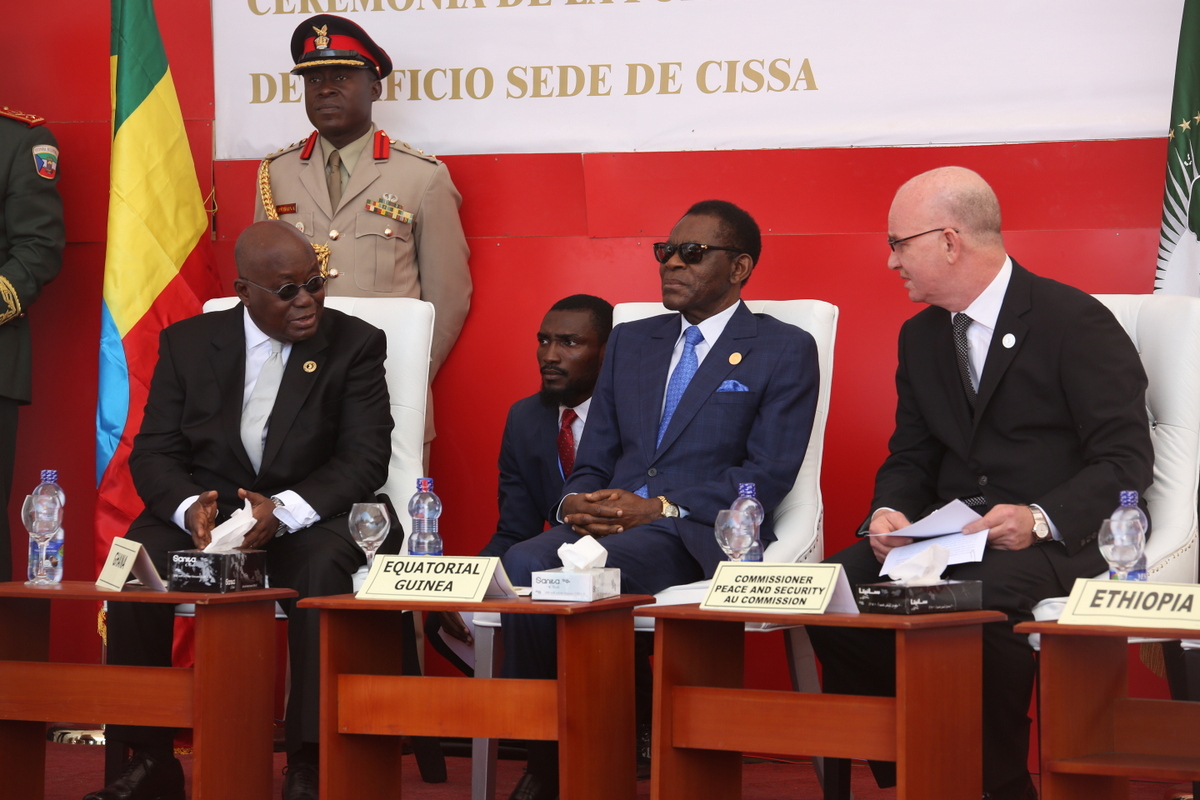The idea of a moving goods, services as well people across national boundaries without the usual bureaucratic huddles has always been ideal, especially among nations sharing a common continent.
For Africa, that has been the primary reason for the AU and on a West-African sub-regional basis, the ECOWAS and now the Continental Free Trade Agreement (CFTA). Â
The CFTA is a key African initiative that aims to forge some progress on the continent’s long-standing integration and development agenda. It was first introduced in 2008 and is expected to be signed before the close of 2017.
Various governments have raised concerns over what seems to be a parallel of the European Union’s Eurozone, or the American North Atlantic Free Trade Agreement (NAFTA) or perhaps its latest version that has earned the disapproval of the President Trump administration – the Trans Pacific Partnership.
Some argue that bigger countries in terms of population and capital would exploit the smaller ones and others, believe such arrangement would deepen immigration problems.
Even on individual basis, some business men in Ghana and Togo told a source they were anxious about the agreement because they would loose all their customers to cheaper price but better quality competitors from neighboring countries for their goods and services.
One business man in Accra who insisted on anonymity said “if there is a free trade plan across Africa, Nigerians and South Africans will flood our country and buy us out of businessâ€.
However, in the midst of this sea of doubts about the potential of the proposed CFTA in not just creating vast economic opportunities for Africans and the continent in general, but making its countries more formidable in competition at the global market: strengthened by the fact that the world market is not its primary one, Ghana’s government has, through its Minister of Trade and Industry, Alan John Kwadwo Kyerematen, disclosed its intention to take advantage of the  “Continental Free Trade Agreement (CFTA)â€.
Speaking to some members of the press, the Minister expressed his hope that “by the end of 2017, Africa is going to become a free trade zone which is under the frame work of the continental free trade area. It does mean that by the end of 2017 hopefully, you can export duty free, quota free to any part of Africa. So, we are not just focusing on ECOWAS or other regional blocks but we are talking about exporting to any country in Africa or let me say on the continent.â€
Adding that “if we as a government can support Ghanaian businesses to become more competitive and to be able to expand their export business to the rest of Africa, it will be very good business for government and also for the local businesses themselvesâ€.
Furthermore, the CFTA will have fifty-four African countries with a combined population of over one billion people as well as an aggregate GDP of about US $3.4 trillion: it would simply be a new economic order for the continent – one which will make it an automatic global economic leader but many hope that such plans will extend beyond trade, to include education and technical knowledge or technology exchange opportunities.
Â





